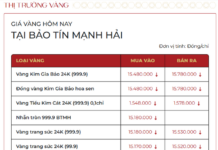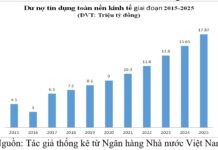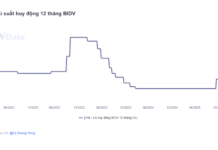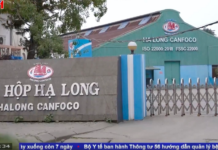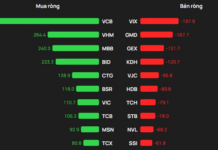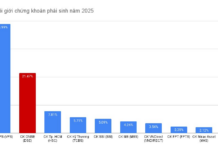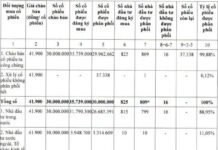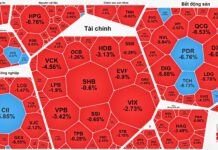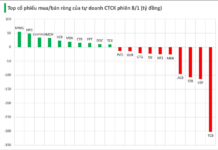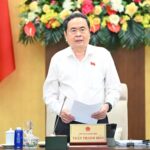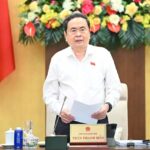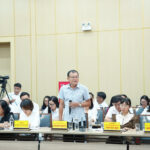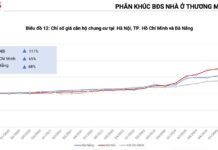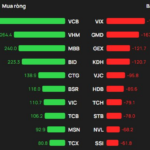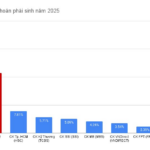On the afternoon of September 30th, General Secretary Tô Lâm met with voters from constituency No. 10 (Hanoi) ahead of the 10th Session of the 15th National Assembly.
During the meeting, voter Nguyễn Văn Thỉnh (Quang Minh commune) raised concerns, stating that the 10th Session of the 15th National Assembly will review amendments to the Land Law. He expressed hope for stronger measures to enhance land use efficiency, preventing cases where land allocated to businesses remains unused for years, leading to wastage.
Mr. Thỉnh also suggested implementing thorough planning and strict control to avoid arbitrary land reclamation.
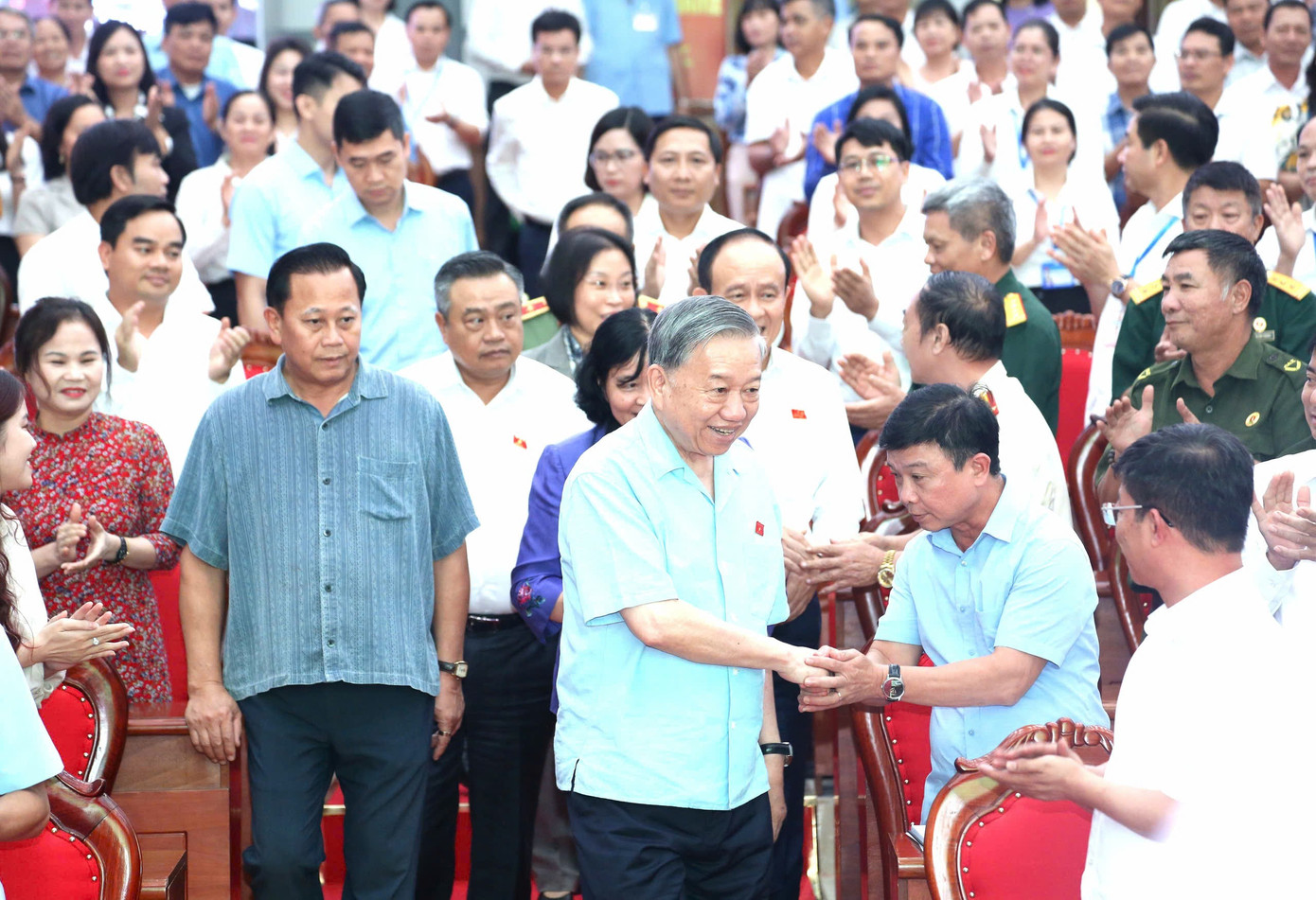
General Secretary Tô Lâm with voters. Photo: P.H.
Addressing the meeting, General Secretary Tô Lâm emphasized that relevant agencies are currently studying amendments to the Land Law and the Planning Law, which are expected to be included in the agenda of the 10th Session.
The General Secretary stated that he recently worked with drafting agencies to guide legal amendments, ensuring they meet public expectations. “We will not rush or be superficial in our work, but rather ensure it aligns with reality,” he said.
The General Secretary stressed: “The consistent view is that land belongs to the entire population, with the state as the owner and unified manager. Land privatization is not permitted. Second, the state must ensure fair and efficient land use rights for all citizens, promoting effective land use and equitable distribution of land value. Third, we must maximize the efficiency of land resources for national development.”
According to the General Secretary, an upcoming resolution on the state economy will emphasize its leading role. He noted that the state’s resources include currency, land, and minerals, which underpin its leadership.
The General Secretary highlighted the need to maximize land resource efficiency for national development. Citizens can monitor and question why “prime land” remains unused for 10-20 years, allowing weeds to grow.
“Who is accountable for this? Who owns this land, and why isn’t it being utilized? Taxes should be imposed to discourage such neglect,” the General Secretary emphasized, advocating for addressing resource wastage.
Notably, General Secretary Tô Lâm revealed: “90% of complaints are land-related, and 90% of recent official misconduct cases involve land issues,” indicating lax and ineffective management.
The General Secretary also pointed out that while the state regulates prices for fuel, electricity, and many other goods, land pricing is left to councils and consulting firms, leading to market manipulation and price inflation, which burdens citizens.
He cited examples of small, awkwardly placed plots being auctioned, with speculators driving up prices, thereby inflating values for larger adjacent areas. This leads to hoarding and other issues, necessitating policy adjustments to restore order.
The General Secretary also addressed numerous stalled projects, resulting in significant waste, with thousands of hectares of land unused. Approximately 3,000 such projects have been identified nationwide, and over 1,000 have been resolved, valued at nearly 1 million billion VND.
“Citizens, if you notice any unused land, report it to the city. Every case must be addressed, with clear accountability,” the General Secretary urged.
Proposed Land Price Schedule and Adjustment Coefficients Effective January 2026
The Ministry of Agriculture and Environment has recently proposed a land price framework to address challenges and obstacles in the implementation of the 2024 Land Law.
Letting the Market Reign: How Land Prices Drive Housing Costs and Vice Versa
According to the Chairman of the Vietnam Association of Construction Contractors, the 2024 Land Law stipulates that land prices are determined by market mechanisms. However, if the market is left to decide entirely, the state will struggle to control prices, leading to an endless cycle where “land prices chase housing prices, and housing prices rise with land prices.”







